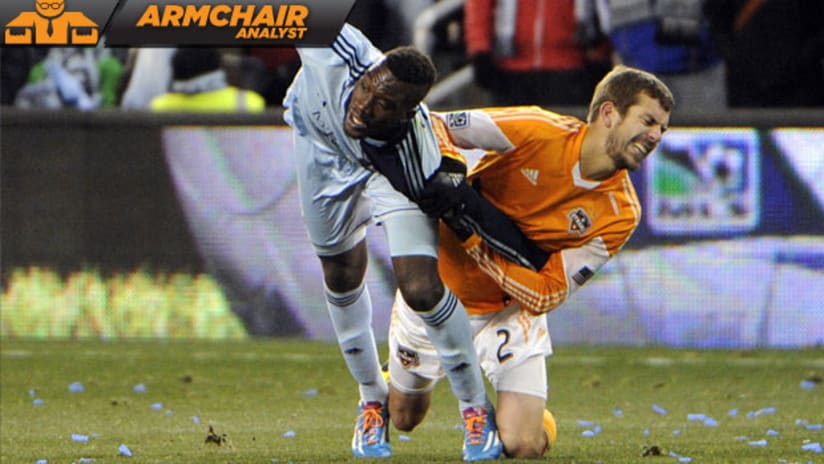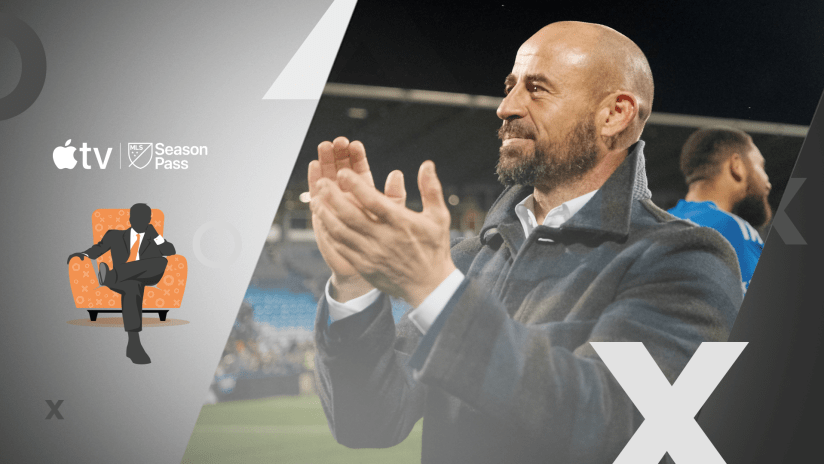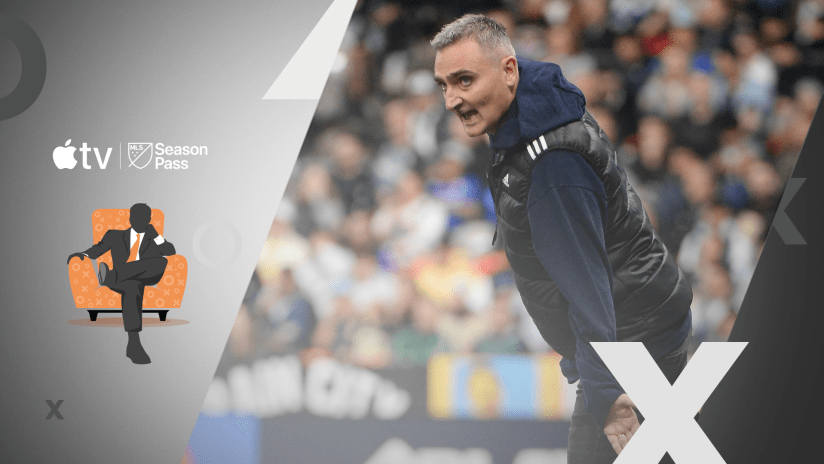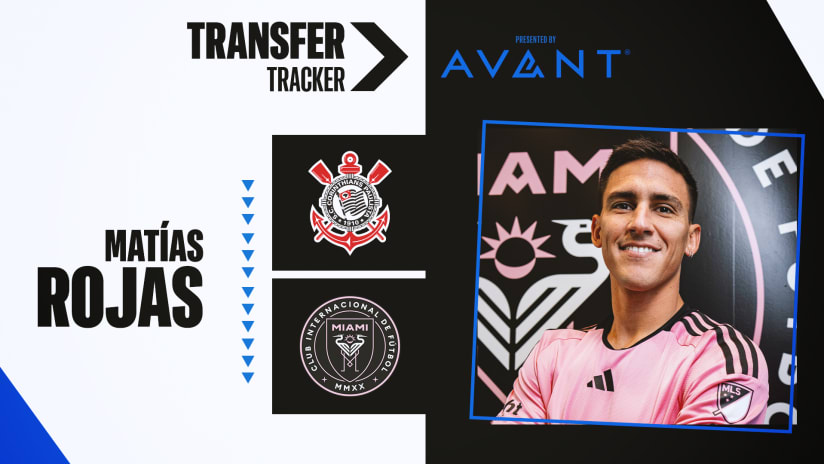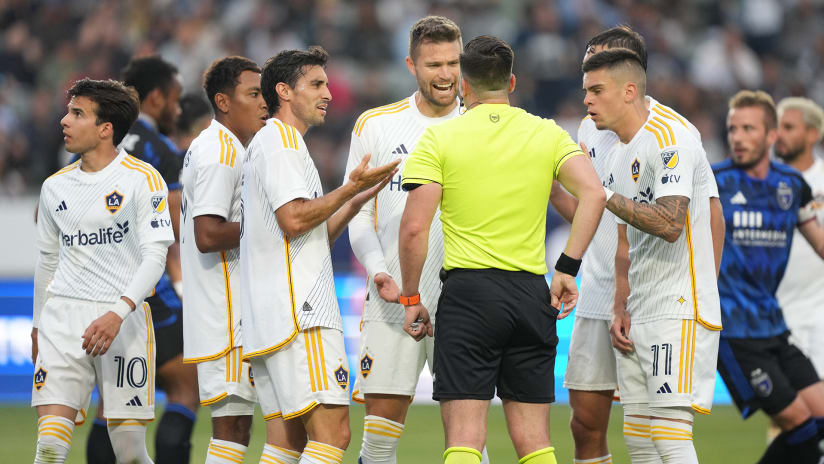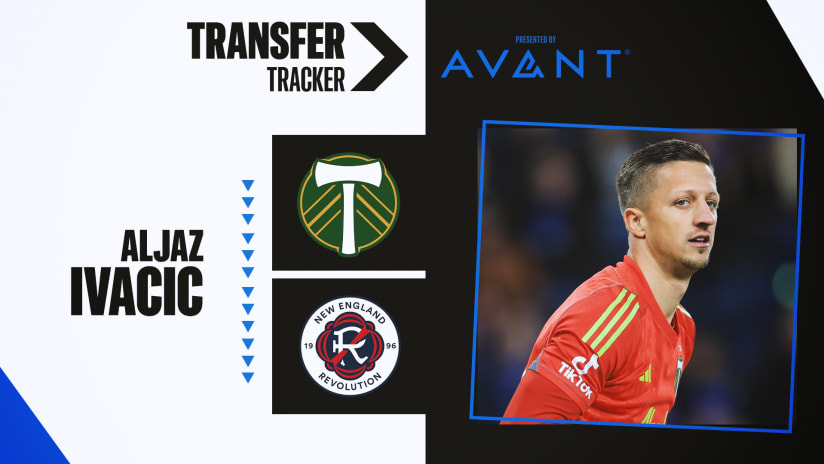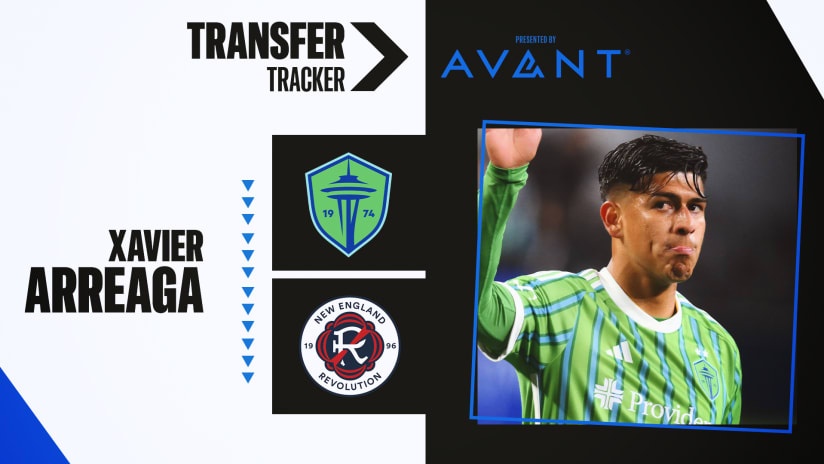More than anything else, Sporting KC have been a team in need of a problem solver.
Because they have been very, very good since 2011, but they've also been very, very predictable. They do what they do – high press, crosses, lots of shots from 25 yards, lots of long balls – very well, but you know it's coming. I know it's coming. The other 18 MLS teams know it's coming.
Now, there's a difference between knowing what's coming and stopping it, especially in the regular season.
But in the playoffs? You scout one team for 180 minutes at a pop. You know, and you can gameplan, and you can figure out how to stop what's predictable.
That's how Sporting have gone out the past couple of years.
Here's how 2013, with their 2-1 win over the Houston Dynamo, was different:
1. Being Benny Feilhaber
With the possible exception of Freddy Adu, there hasn't been a more divisive player than Feilhaber in US soccer over the past decade. I've largely fallen on the "Play him 'til he gets it" crowd, but that's an easier argument to make about a 24-year-old who's just had an excellent Confederations Cup than it is about a 28-year-old who's been benched by every club coach he's ever had.
Feilhaber was the Man of the Match tonight, but even in that he turned my Twitter feed into Sybil:
That was in the first half, when Feilhaber hit this pass:
Oh man. Totti hit that same pass in the All-Star Game, and everybody said they heard angels weeping.
So Benny hit it, and it should have been a goal, but it wasn't. And worse, there were a bunch of turnovers. There were a couple of petulent moments. And there was his team, tied at the half. He had to be better.
He was.
Second-half Feilhaber is the version of him that everybody who cares about US soccer has been hoping for since he first broke onto the scene in the 2005 U-20 World Cup. He was dominant, turning up all over the field in attack and defense (he tracked back 90 yards from goal to stop Omar Cummings on a breakaway in the 72nd minute. We hear a lot about "Sporting fit," and that was it).
It was more than just being dominant, though: He gave Sporting a different way to figure out the problem. They didn't have to batter the door down – and that's why they got him in the first place:
Whatever else there is to say about Feilhaber, the truth is that he's one of the few Americans capable of making a pass like this:
SKC had been in that spot repeatedly – at the time of this goal, they had eight shots, five of them from 22 yards or farther. That's how teams encourage them to play. It's impatient, and it's the path to a long, sad winter.
This time was different. Houston didn't have a plan to stop that, and even if they did, they probably didn't have a way of stopping it. The pass was that good.
Play him til he gets it? It might have happened on a frigid Saturday night in the playoffs.
2. Houston can't take advantage of Sporting's fullbacks
Well, not enough anyway. I didn't love the 4-1-4-1 that the Dynamo came out with because it left Boniek Garcia on one side and Andrew Driver on the other just a little bit too recessed to consistently punish Sporting's ultra-aggressive fullbacks.
Which is not to say that they weren't punished, because this happened:
And that led to this:
It could have happened three or four more times, but Houston were overrun in the central midfield, which meant that Garcia and Driver had precious few chances to get high into the attack. They had to drop deeper and deeper to prevent the game from becoming one-sided.
It wasn't precisely ugly for the Dynamo, but look at this:
Chance Myers was wildly aggressive in the first 45, and Seth Sinovic only slightly less so. Houston had their chances to punish them, but the personnel wasn't quite right, and neither was the shape.
This play could have been made four or five times, and one (more) of them should have turned into a goal.
3. Sporting dominate the central midfield
Possession wasn't nearly as lopsided as most expected (Sporting held it 52-48), but there's no question that Feilhaber, Paulo Nagamura and Uri Rosell controlled the tempo and shape of the game, forcing Davis, Giles Barnes and Warren Creavalle to chase.
Look at the center-of-the-pitch event maps:
Sporting KC
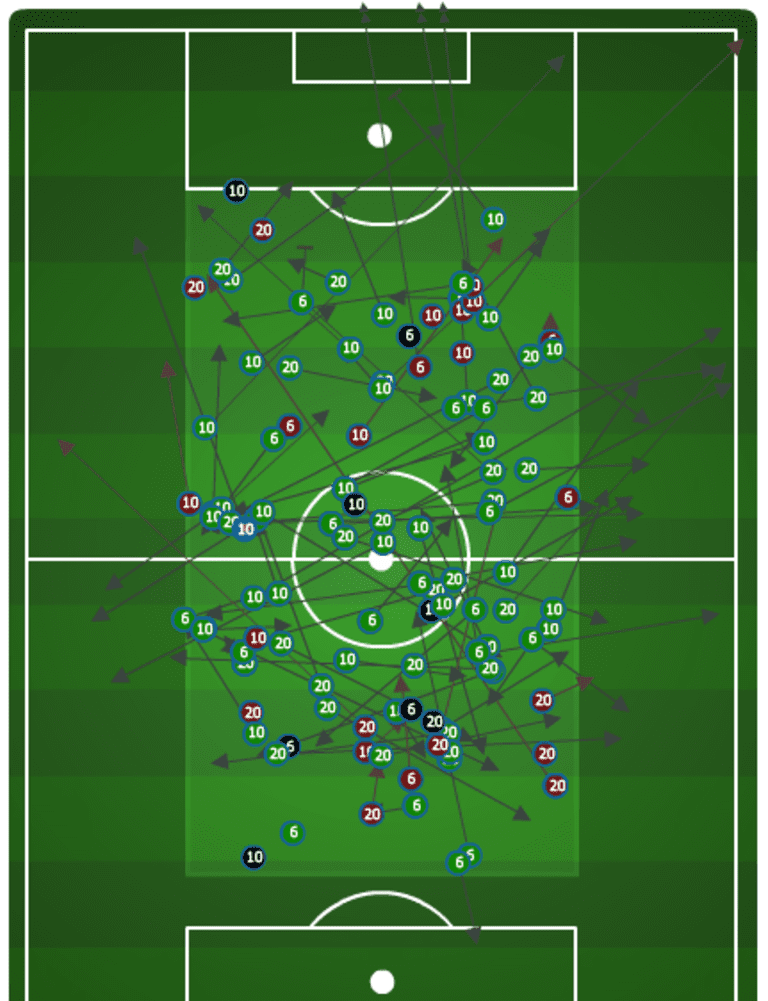
Now look at the Dynamo – and how much of their central midfield night was spent turning the ball over, and how little playing into the final third:
Houston Dynamo
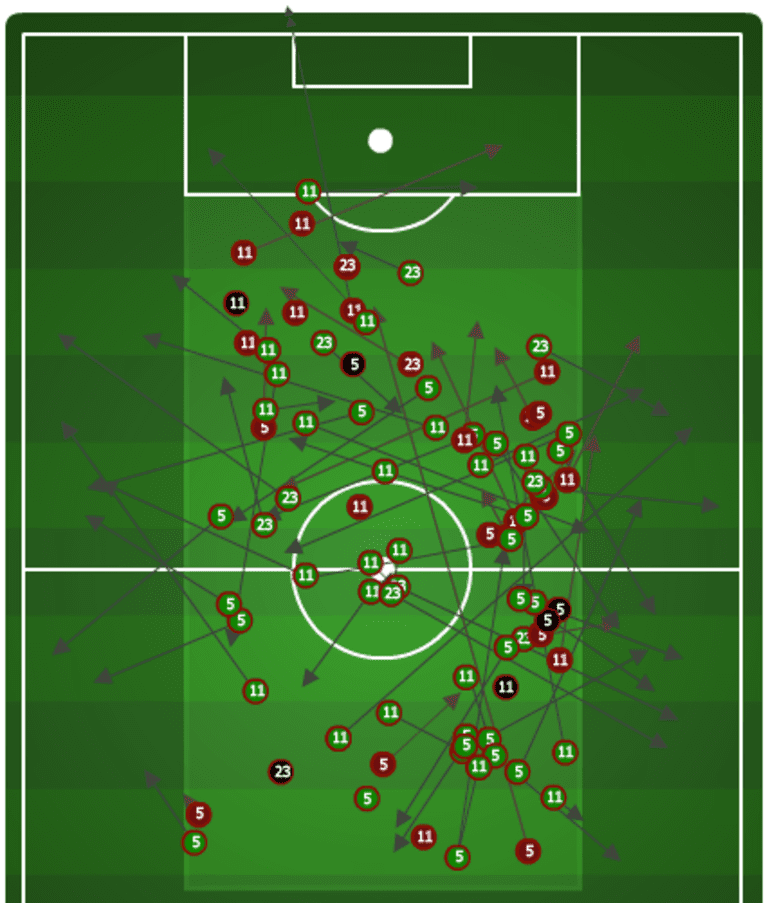
It was nasty of the soccer gods to take Rico Clark away from the Dynamo for this game, because while he might not have been the difference between winning and losing, he could very well have been the difference between playing on the front foot and playing on the back foot. This year, the Houston has been better on the front foot.
The tiny little silver lining was that Servando Carrasco was excellent when he came in at the end, winning balls in front of the defense, breaking up play, the distributing quickly and accurately as the 4-1-4-1 became a 4-3-3. Dynamo fans can keep that in mind as they look to 2014.
Sporting fans? They have a lot more to keep in mind as their 2013 season finally, mercifully stretches into the final weekend.
Problem solved.

